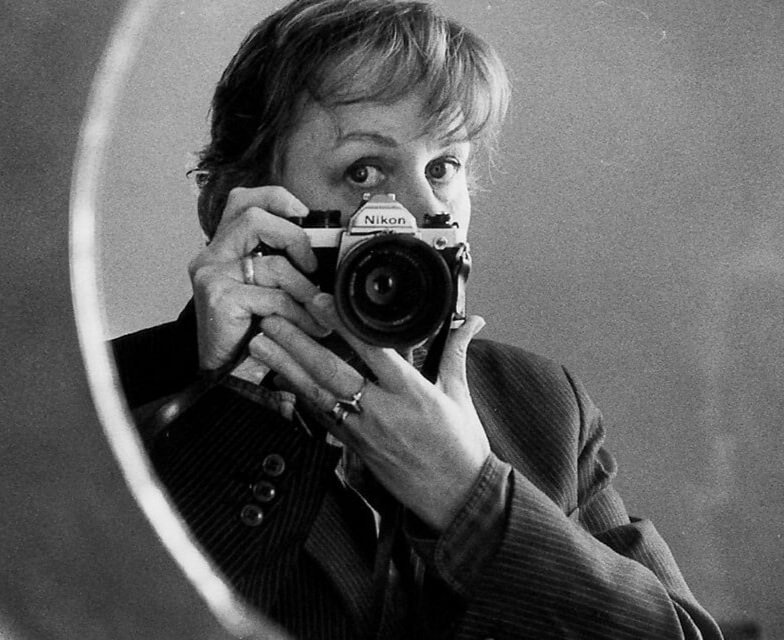When I was starting out in music journalism and stepping sheepishly into the world of jazz, Straight No Chaser editor Paul Bradshaw insisted I read As Serious As Your Life. A book about a period of intrepid and daring detours in perhaps the greatest and most misunderstood art form in the history of America. A black art form. Some called it free jazz, The New Music or The New Thing, an unshackling in composition catalysed by Ornette Coleman's early 60's excursions. At first, it was belittled as frivolous, somehow amateurish and illegitimate. Vilified, even.
Yorkshire-born photographer and writer Val Wilmer set out to help change that with the publication of this book in 1977. She was inspired/riled by seeing another one about New Music that only featured white avant-garde luminaries such as John Cage and Karlheinz Stockhausen.
Wilmer has had a remarkable career, someone who not only photographed emerging pop phenomenons such as The Kinks and Bob Dylan, but also ventured from West Africa to the Deep South getting to the root of it all. She has spent time with everyone from Louis Armstrong to Muddy Waters, Anthony Braxton to Albert Ayler, Sun Ra to Cecil Taylor, Sunny Murray to Milford Graves.
Compassionate and curious, Wilmer’s 70’s encounters opened up the music to many. How, where and with whom it came to be. And that includes the underappreciated contributions of wives and partners. Her empathy for the struggle of black musicians – trying to earn a living in a prejudiced society – and reverence for each artist's will to express themselves with no compromises is evident from the first page of her introduction. There, she recalls sitting in a clapboard house beside a North Carolina tobacco field, witnessing Guitar Shorty playing/singing/reinventing the blues with "a cavalier attitude to form".
Wilmer picks up the story… "On the way back to New York that night I started thinking about freedom in music and how it is just that refusal to conform to any preconceived (ie European) patterns or rules that is one of the chief virtues of Black or African-American music. No matter who the performer – a housemaid bearing witness in church on a Sunday or a guitarist playing the Saturday night blues in some downhome bar – the music is never predictable.
"Polished or basic – Duke Ellington whipping his sidemen through the majestic surge of sound that was uniquely his (and their) creation, Eddie Kendricks singing in his exquisite falsetto high above The Temptations, Albert Ayler wrenching meanings from 'Summertime' that Gershwin never dreamed of – the sound of surprise is what counts."
As I delved deeper into history to learn about some of the most influential artists in this nascent scene, I encountered one Wilmer portrait after another. There was a spectral Ayler (below), looking over his shoulder, case in hand, in New York in 1966. The Ornette Coleman Quartet camped out in a Prince St loft in 1971. Bea and Sam Rivers embracing at their Studio Rivbea in 1972. And a 1971 picture of Lee and Helen Morgan at home in their Bronx apartment, before that fateful night at Slug’s.
Over the past 20 years, I hadn’t seen any sizeable exhibitions of Wilmer's work, until I stepped into Worldly, Wicked & Wise Gallery in London. It's a compact space but one that frames the significance of this era-spanning archive with due reverence. The walls are lined with magnificent portrait after portrait in black and white. It turns out that this is the prelude to a new Cafe Royal booklet publication called Deep Blues 1960-1988.
Here are a few favourites from Blue Moments, Black Sounds – A Retrospective. If these artists are unfamiliar, fear not. There's room for well-known giants including Jimi Hendrix (who Wilmer gave a lift to once) and Aretha Franklin.
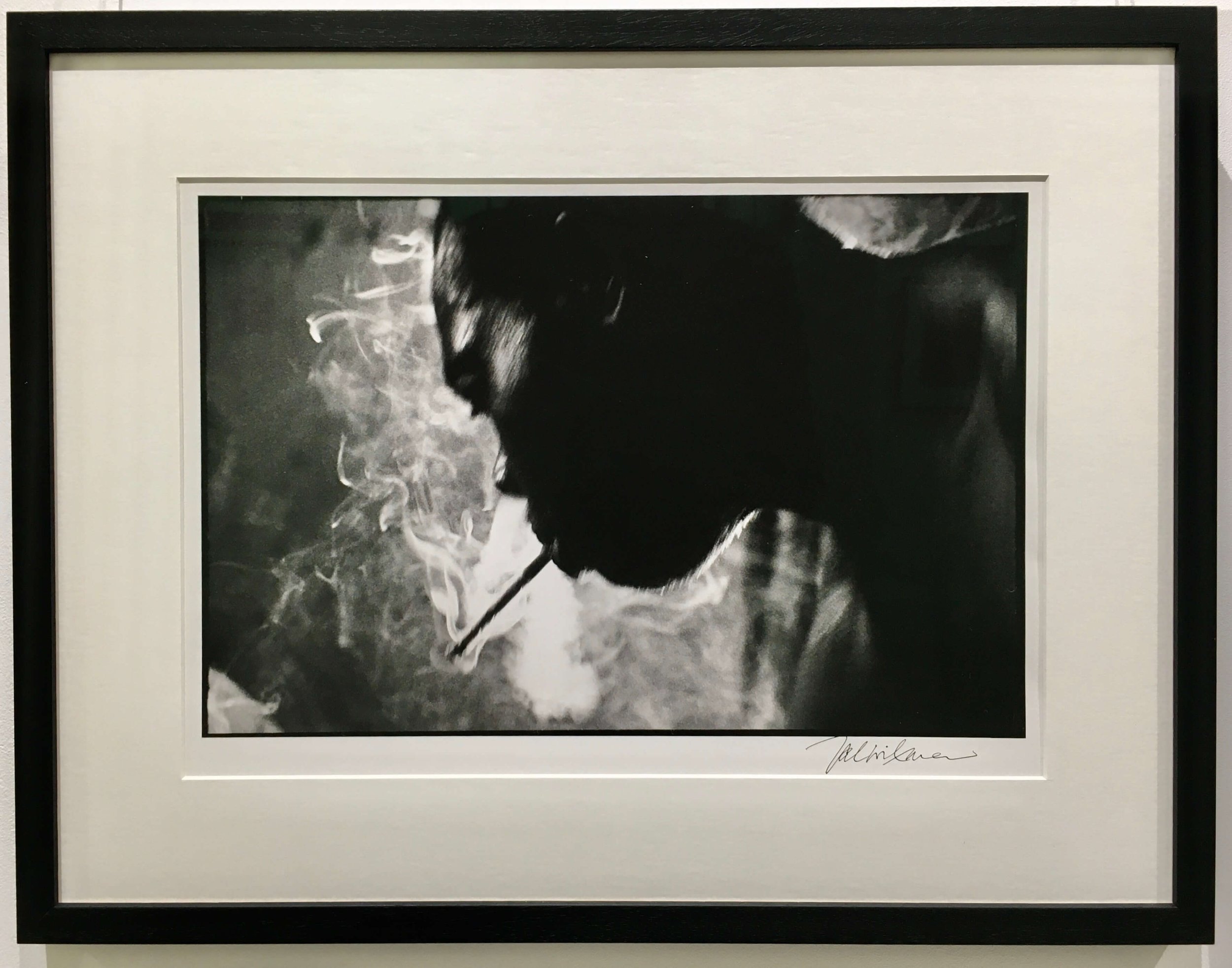
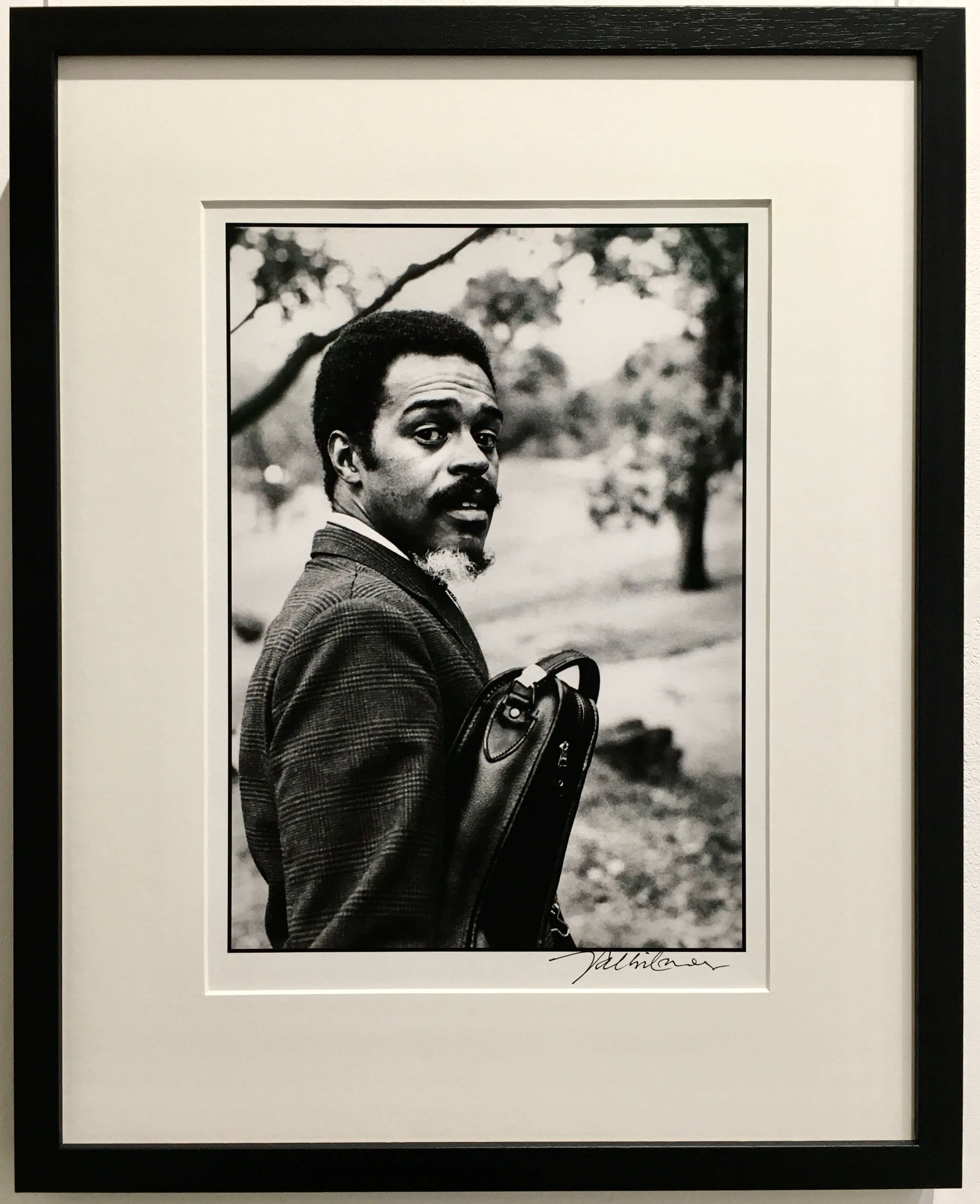
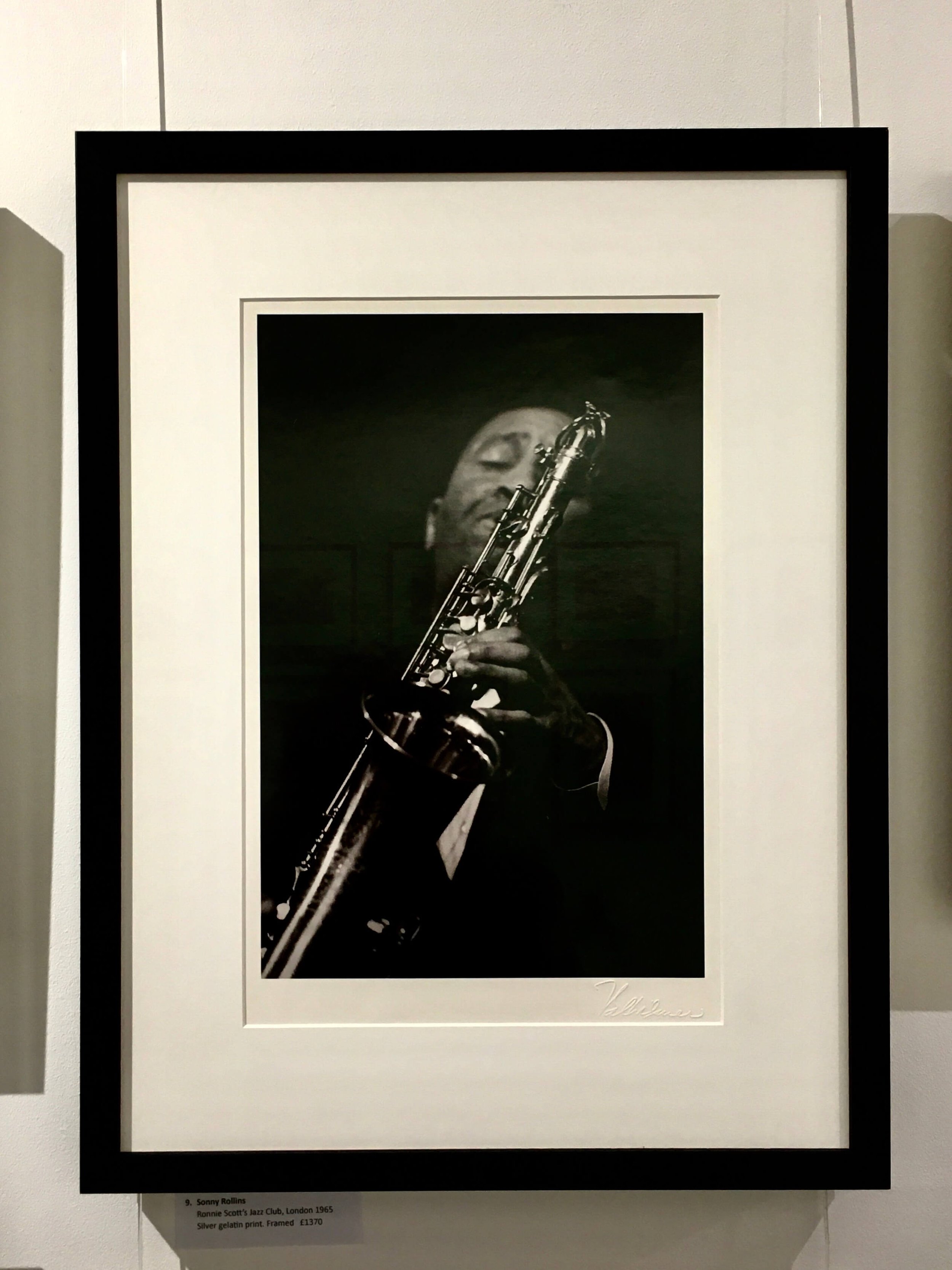
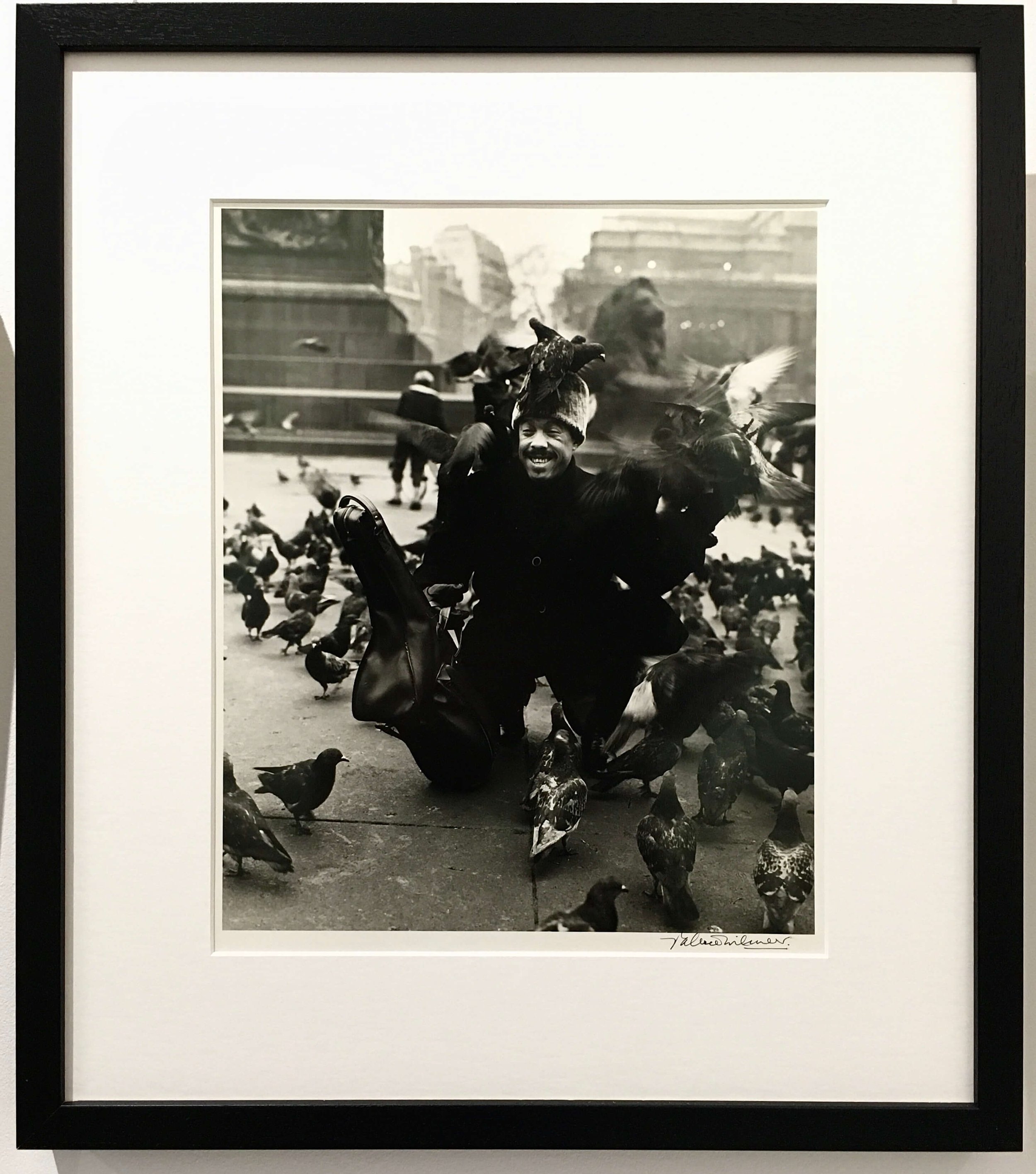
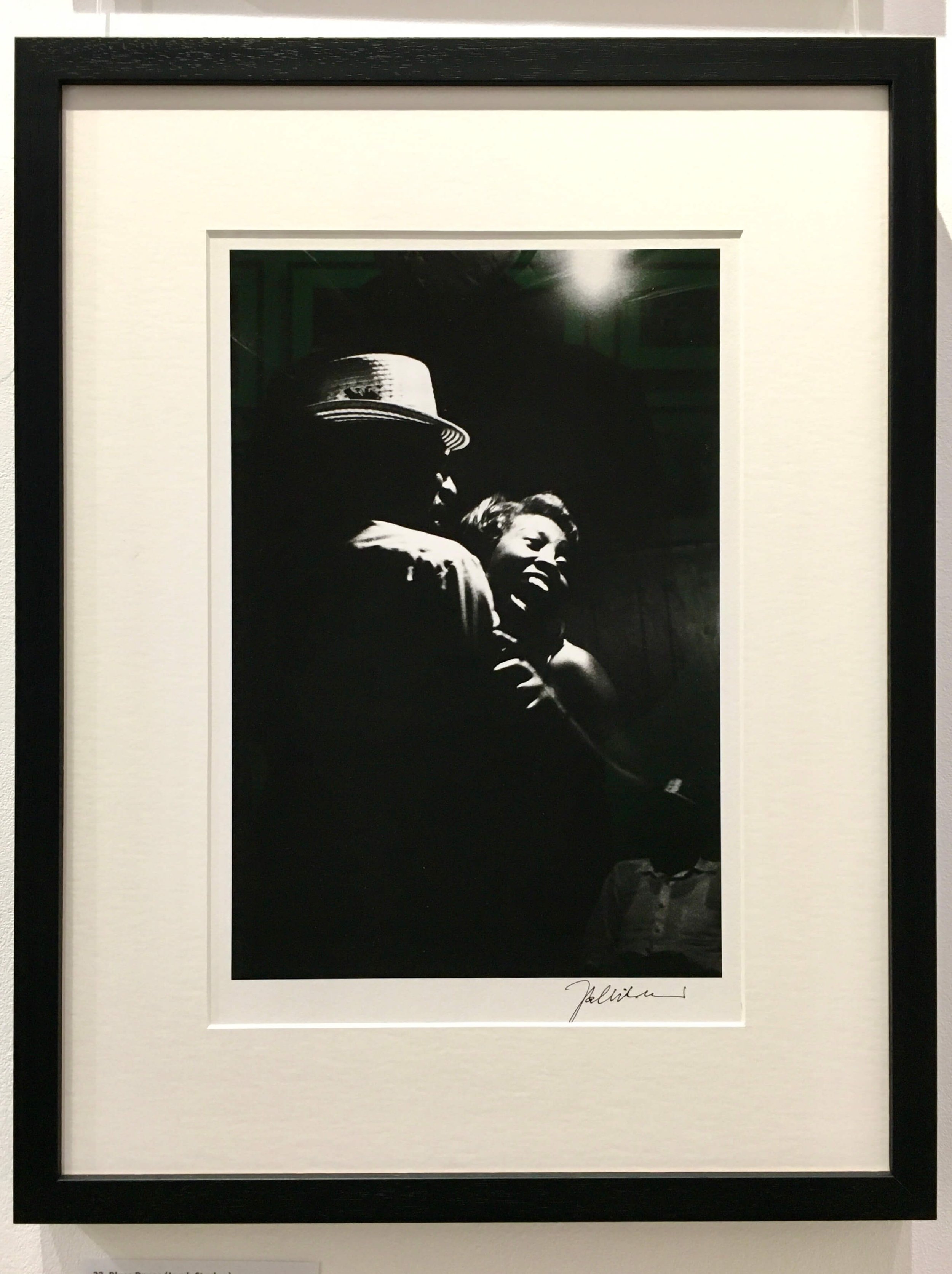
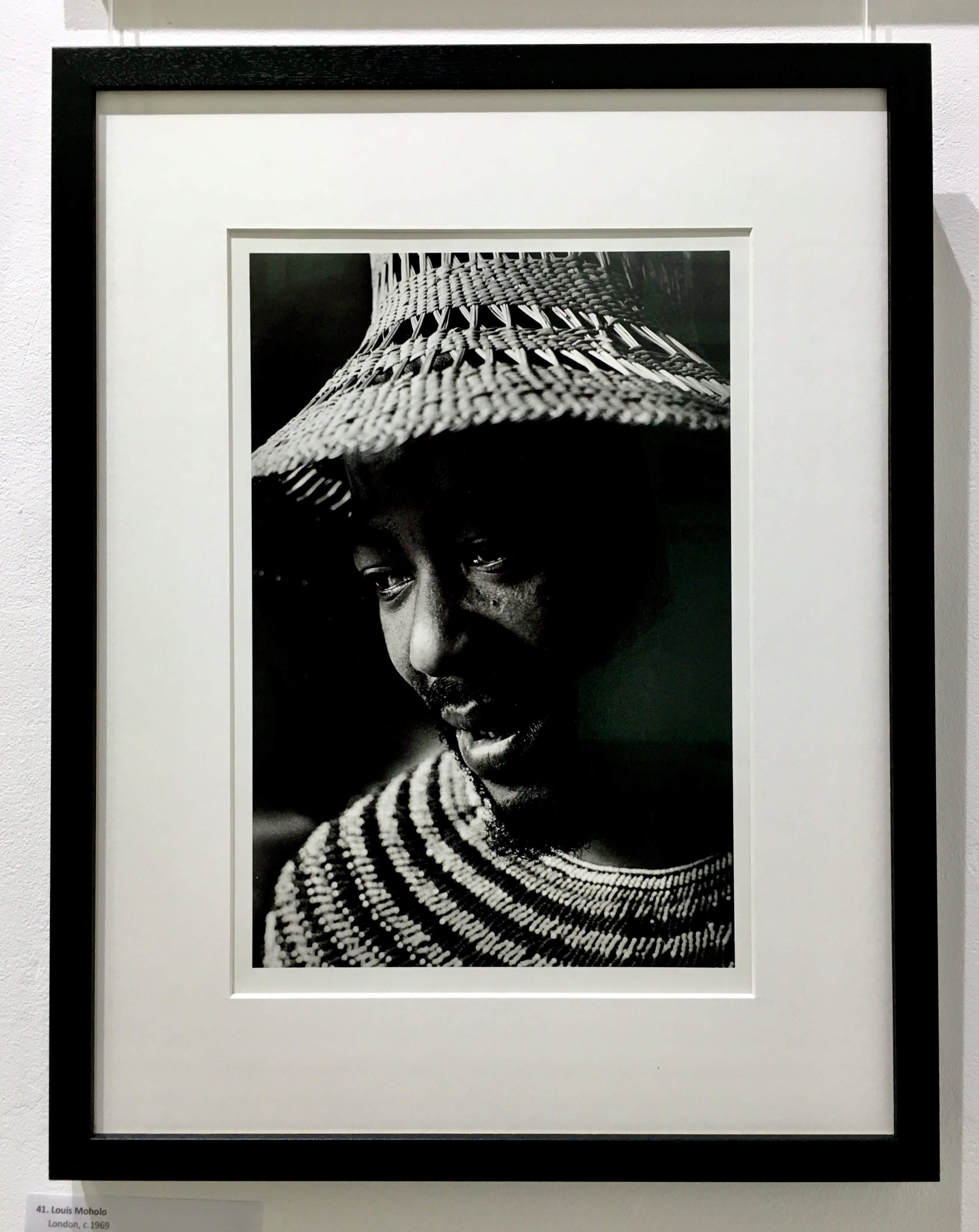
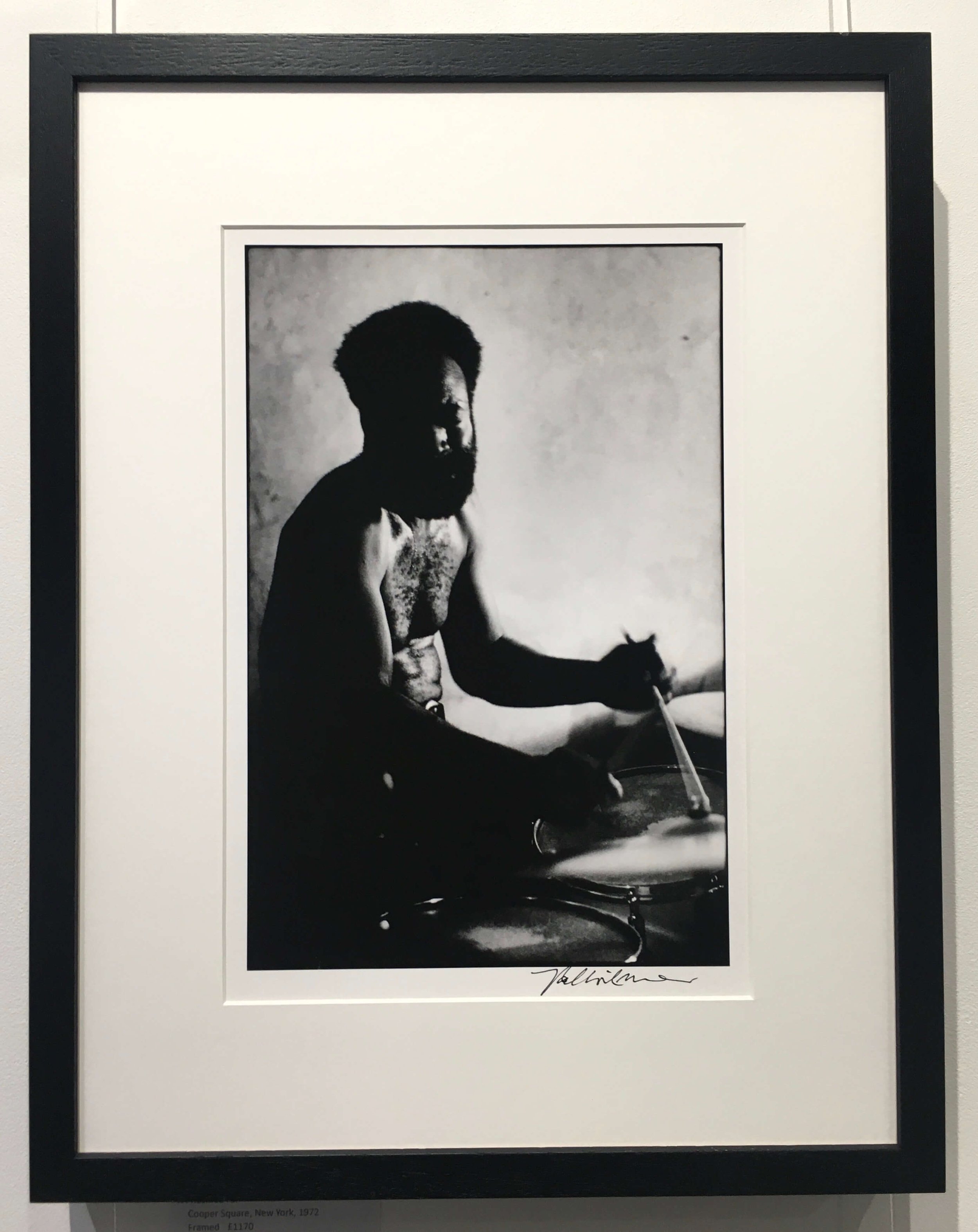
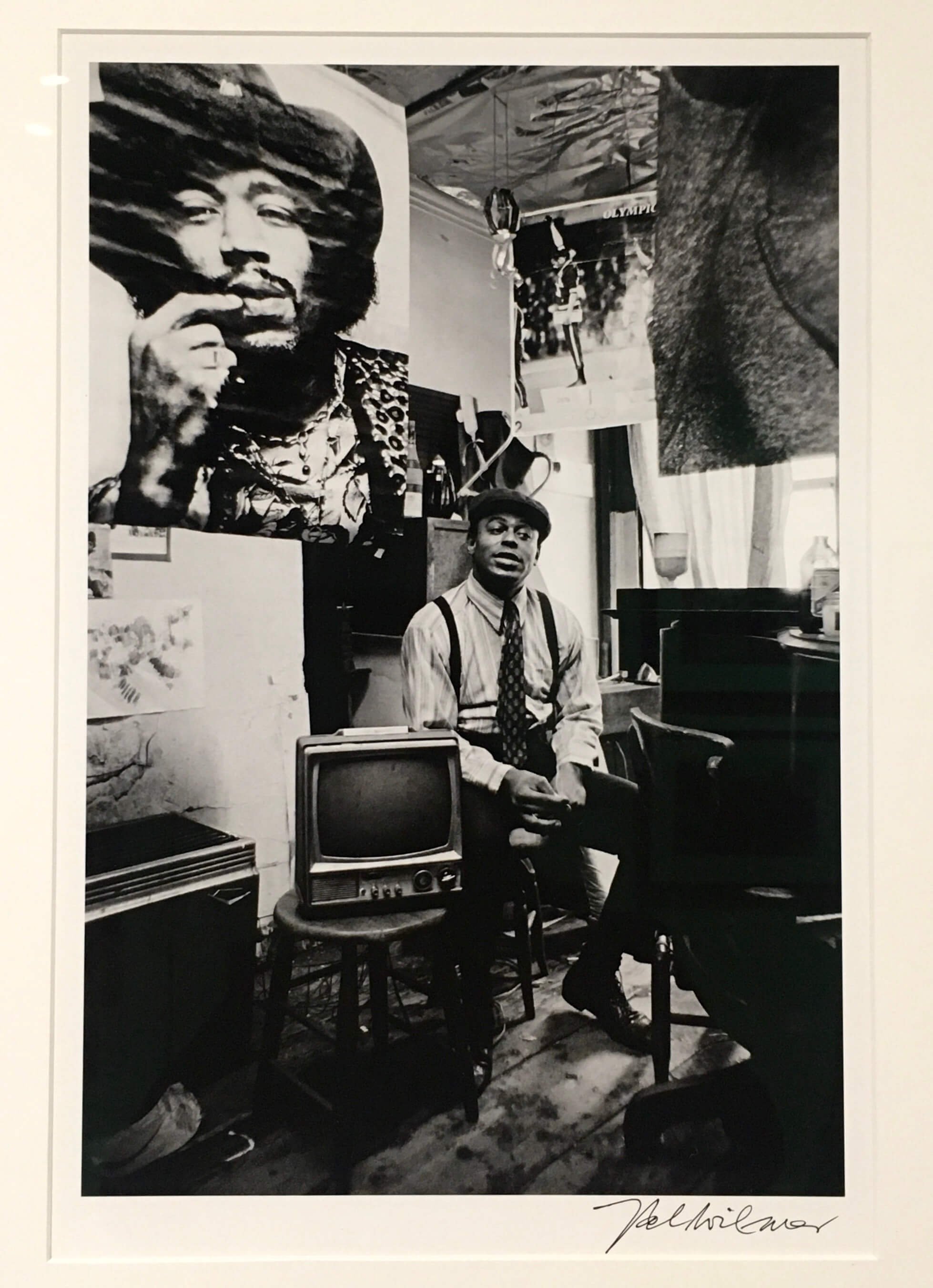
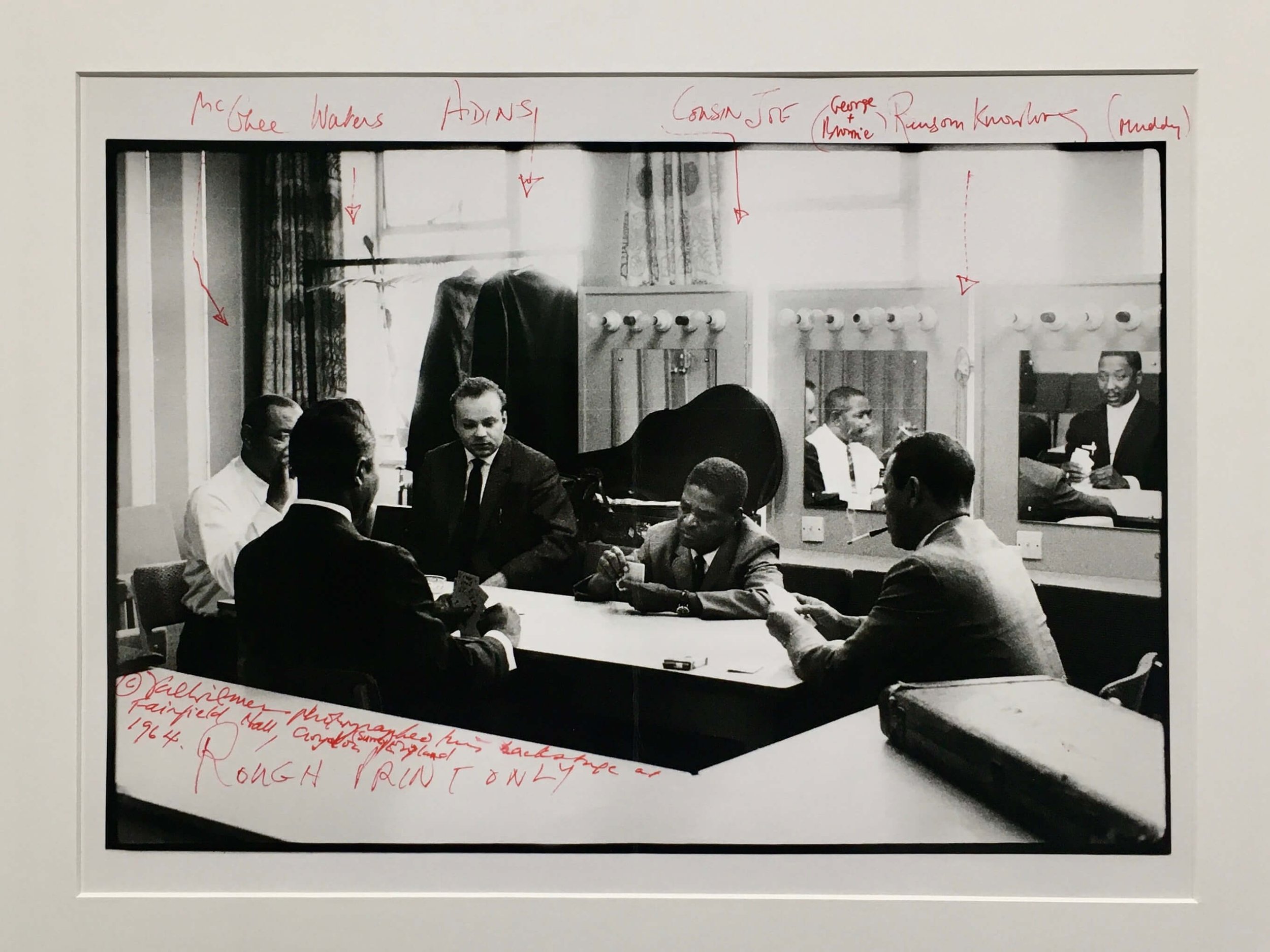
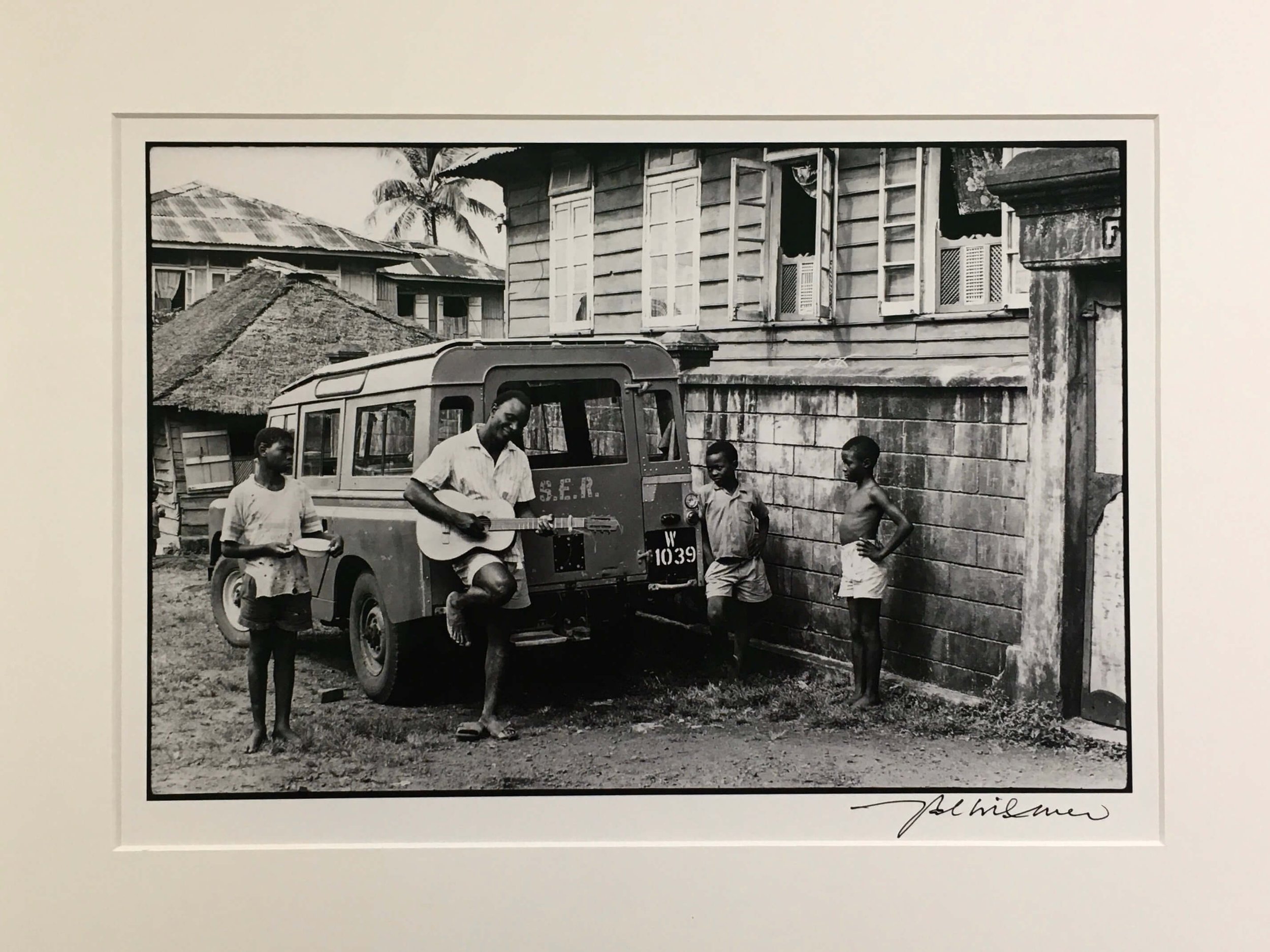
Unfortunately, the exhibition is now closed but you can see some Wilmer-related work in Re/Sisters at the Barbican and Women in Revolt! at Tate Britain. Related because they feature images from Format, the first all-women's photography agency co-founded with Maggie Murray.
I would also recommend The Wire conversation with Wilmer at Cafe Oto from 2017, a BBC Radio 3 documentary and her chat with Paul Bradshaw on Worldwide FM. There is an autobiography too, Mama Said There'd Be Days Like This.

